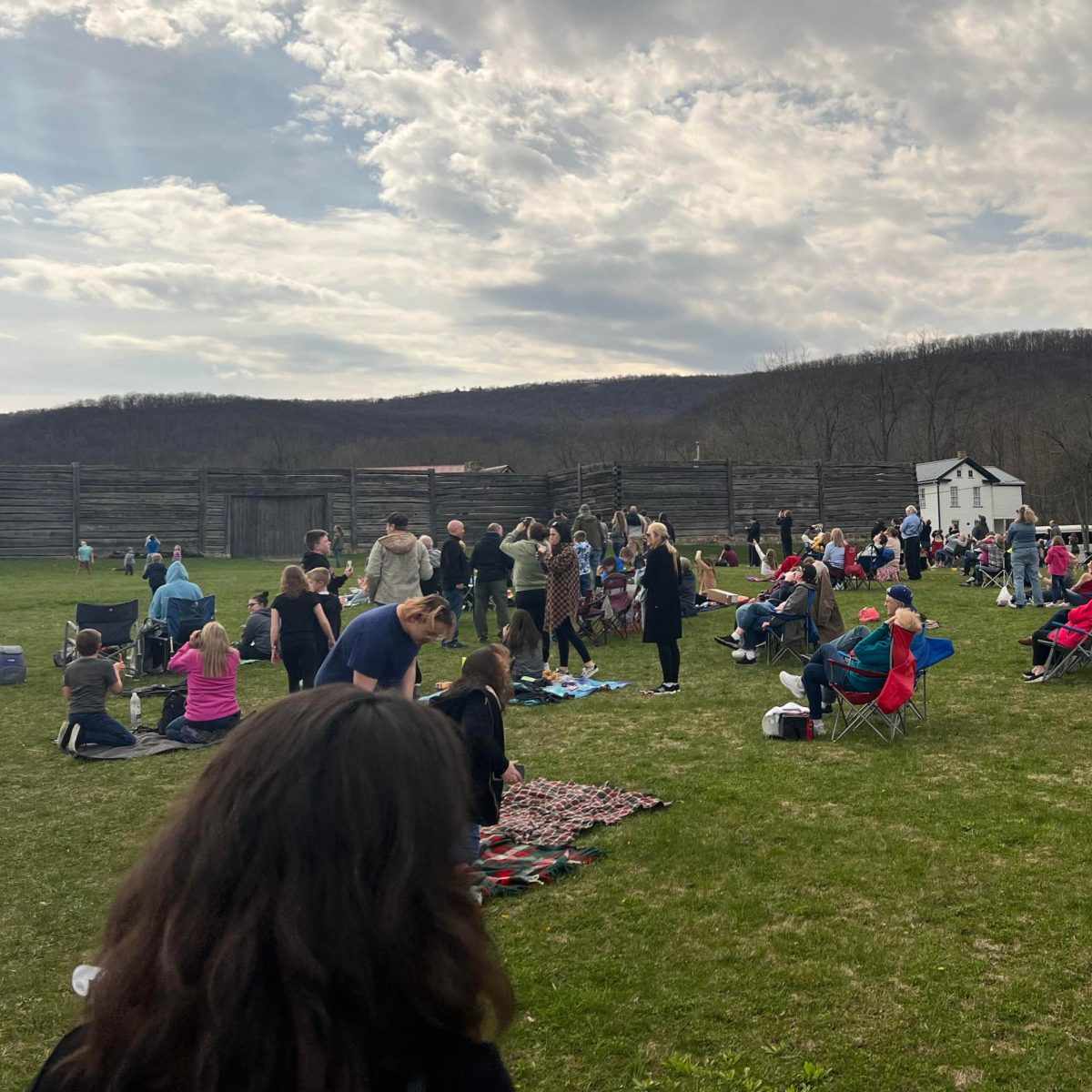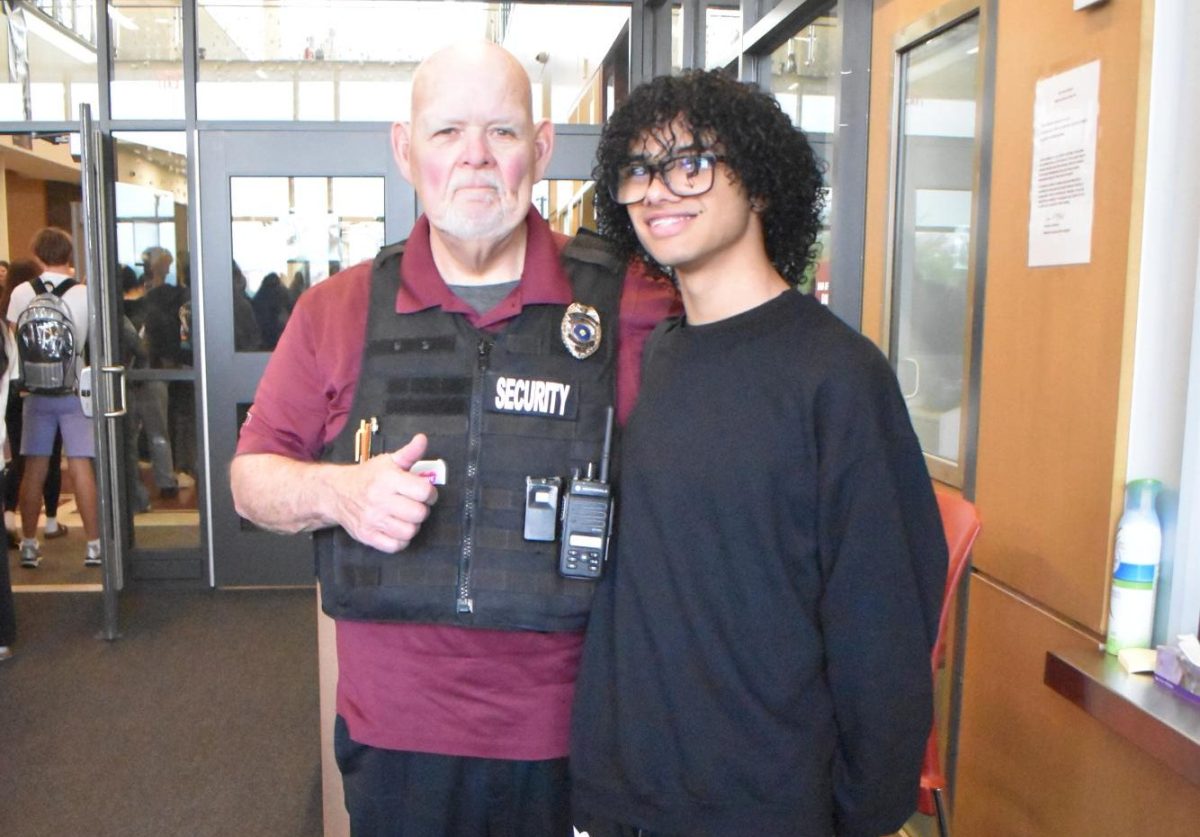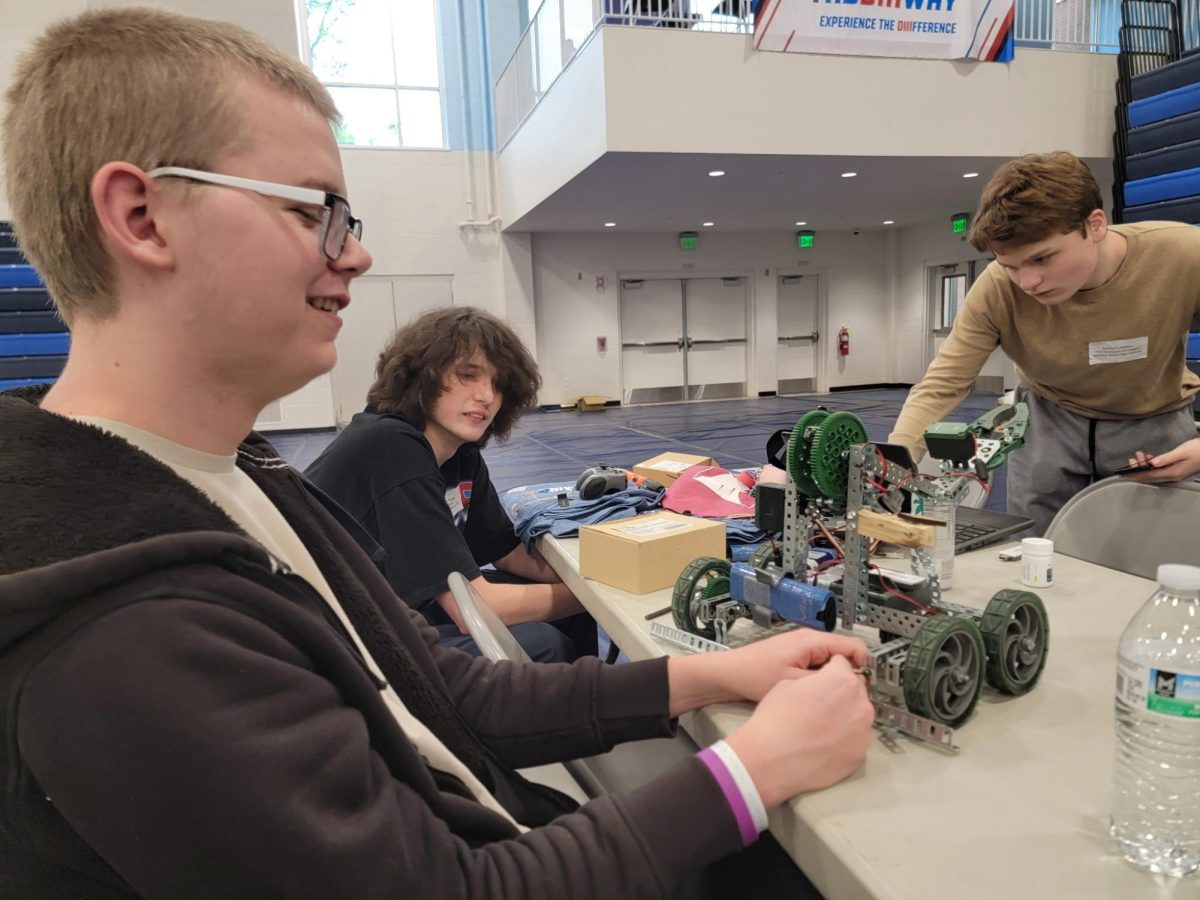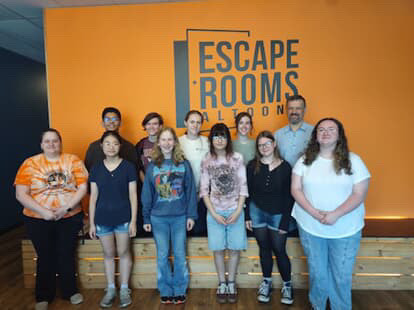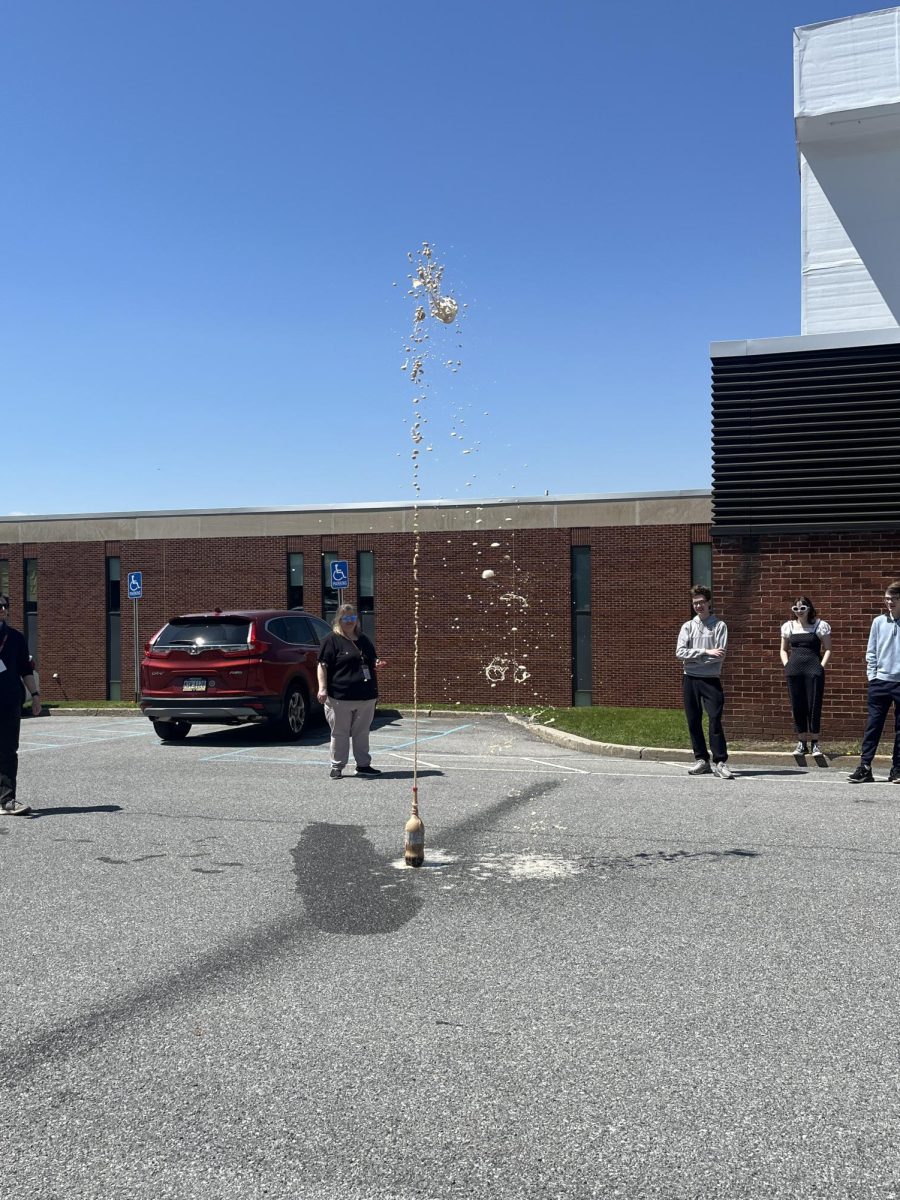On April 8, 2024, the United States saw its first total solar eclipse in seven years. Specific locations in Pennsylvania got to see the astronomical event in totality, meaning that 100 percent of the sun was covered by the moon. Altoona and other surrounding areas received 95 percent coverage. This event marks the first time that Pennsylvania has been in the direct path of totality since 1806.
NASA estimated that 31.6 million people lived within the path of totality. Of this large number of people, many more traveled from outside of the path to view the phenomenon. The solar eclipse, being such an uncommon event, led to several large gatherings of those eager to see the rare occurrence. One such example of these gatherings was the viewing at the Mountain Lion Observatory at Fort Roberdeau on the day of the eclipse.
Organized in part by Neil Armstrong Planetarium director James Krug, the eclipse viewing included several telescopes, snacks and activities for individuals of all ages to partake in. Several astronomy club members helped manage these activities.
“I was stationed at the solar scopes, which are little box telescopes that help you see the sun,” astronomy club president senior Austin Parker said. “When angled properly, light from the sun travels through a thin lens and bounces off a mirror, being displayed on a white surface in the interior of the box. It’s an interesting way to view the eclipse.”
Sophomore Camille Krug also contributed to the efforts of the astronomy club. She was amazed by the natural phenomenon.
“It was cool, especially considering there won’t be another eclipse for like 20 years,” C. Krug said. “It’s cool to see how nature can do crazy things like the eclipse. I also think it’s interesting to think about the time before people knew what the eclipse was and how freaked out they must have been.”
Parker also shared his awe in response to the eclipse.
“We are always taught about how planets orbit around the sun,” Parker said. “To see these celestial objects moving, up close and personal, is such a rare opportunity.”

There is a large market for viewing the eclipse in totality. J. Krug recalled that hotel rooms in Erie, PA were starting at 500 dollars a night at the time of the eclipse. For those who are unable to travel, gatherings like the one at the Mountain Lion Observatory bring communities closer together.
“You can watch the eclipse from home,” Parker said. “However, it is a lot better to watch it at places like the Mountain Lion Observatory that have telescopes and large gatherings of people. A huge part of the experience is enjoying the view with others in your community.”
The eclipse is more than just a community event. An astronomical phenomenon like this has the potential to inspire, uplift and lighten the lives of many.
“Events like this are important because today we’ve lost our awe, wonder and interest in the nighttime sky,” J. Krug said. “Thousands of years ago, Chinese astronomers studied the sky for centuries to predict future eclipses. An event like this brings back all of the natural wonders of the world around us.”


